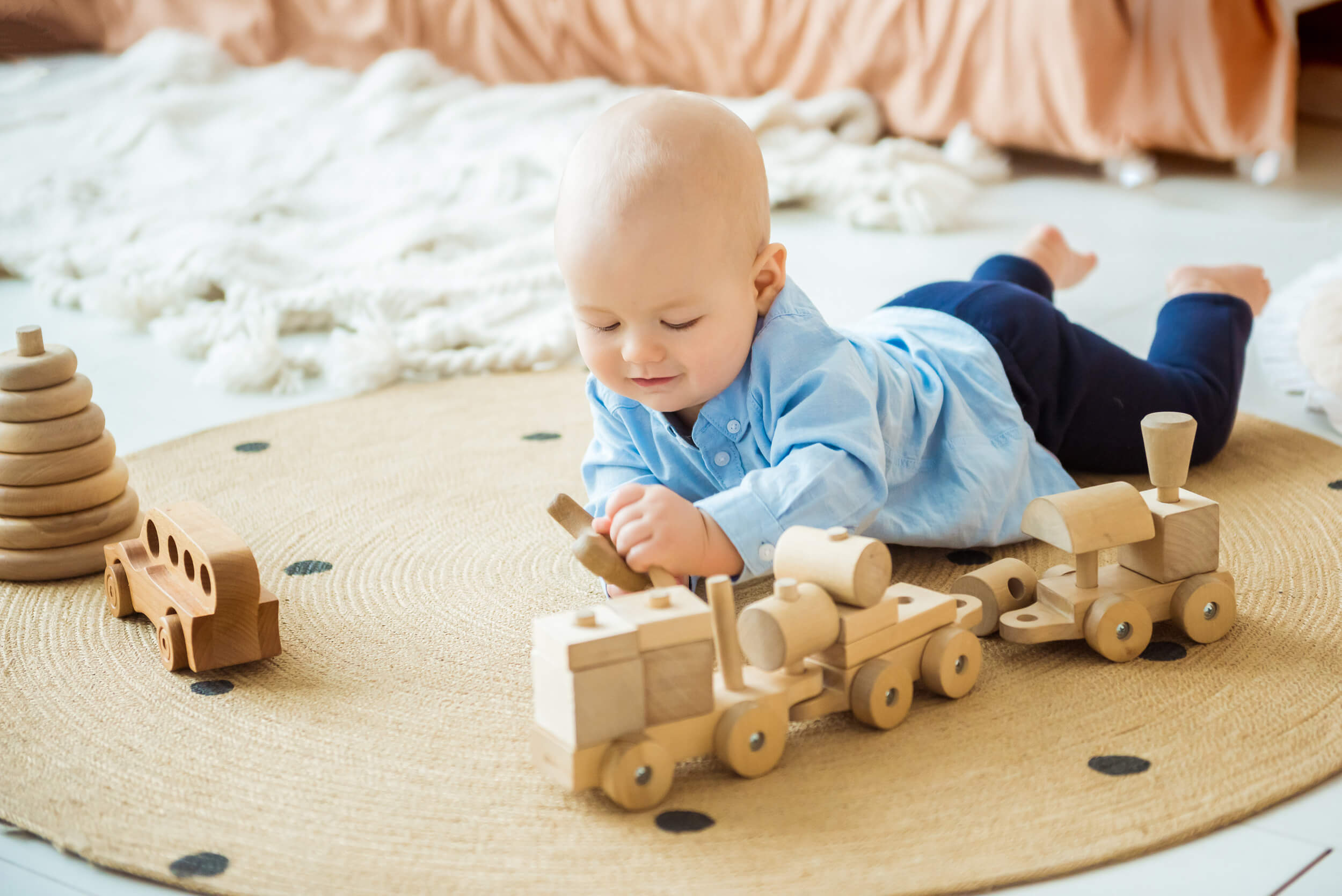Kids are natural copycats. One day you hear your child repeat a phrase you said in the car, the next they’re standing with their hands on their hips just like you. They’re always watching, always soaking in the little things we do without thinking twice.
What parents often forget is that children learn most not from the advice we give, but from the actions they see. Telling them to be kind won’t matter if they watch us snap at a cashier. Reminding them to eat vegetables doesn’t stick if we push ours to the side.
The truth is simple: children are sponges. They copy what they live around every single day. The habits, the tone of voice, even the way we treat ourselves become part of their blueprint. That’s why it’s our everyday choices, not our lectures, that leave the deepest mark.
The Silent Lessons Kids Absorb
Parents may think children only learn during talks about rules, schoolwork, or life lessons, but that’s not the case. Kids are tuned in long before we start explaining. They pay attention to body language, tone of voice, and the choices we make when we think nobody’s watching.
Psychologists often talk about how children mirror what they see. From the time they’re little, copying is how they figure out the world. That’s why a child who watches a parent read for fun will often pick up books without needing a push. The same is true when a parent loses their temper—kids don’t just hear the words, they watch the reaction.
Telling a child to “be kind” or “try your best” doesn’t carry much weight if our actions show the opposite. What sticks with them are the daily examples they see lived out right in front of them.
This is why consistency matters. It’s not about being perfect. It’s about making sure our actions match the values we hope to pass down. When they line up, kids learn the lesson without us ever having to say a word.
Ten Ways Kids Learn Through What You Do
1. How You Treat Work
The way you talk about your job teaches more than you think. Complaining every morning or dragging your feet through the week shows kids that work is something to dread. On the other hand, showing effort, grit, or even taking steps to change a job that isn’t right demonstrates resilience. Children learn most about responsibility and perseverance by watching how you handle your work life.
2. How You Care for Your Health
Skipping meals, ignoring exercise, or staying up too late doesn’t go unnoticed. Kids see those habits and often copy them. When you make time for a walk, eat vegetables, or go to bed on time, you’re modeling balance. Healthy routines become normal in their eyes. It’s a simple but powerful way children learn most about caring for their bodies.
3. How You Handle Relationships
Every tone of voice, every argument, and every show of kindness becomes a lesson. Children watch how you treat a partner, relatives, or even strangers in the checkout line. Respect, patience, or constant conflict—they take it all in. Those moments build their own idea of what love, respect, and friendship should look like.
4. How You Use Money
The way you spend or save sets the tone for how kids will view money later. Swiping the card without thought teaches one lesson. Saving, planning, or giving shows another. You don’t need to lecture about budgets—your daily money choices do the teaching.
5. How You Respond to Stress
Life brings pressure, and kids notice how you respond. Losing your temper in traffic or slamming doors shows one way of handling frustration. Taking a deep breath, talking it out, or finding solutions shows another. Emotional control is one of those areas where children learn most by observing, not by hearing advice.
6. How You Approach Learning
A child who sees a parent reading, learning new skills, or asking questions naturally connects growth with curiosity. A parent who rolls their eyes at books or avoids challenges sends the opposite message. Kids pick up on whether learning is a lifelong habit or just a school requirement.
7. How You Show Respect
Daily politeness—like saying “please” and “thank you”—makes a bigger impact than telling kids to use manners. How you treat a waiter, a teacher, or a delivery driver leaves an impression. Children absorb the standard you set and carry it into classrooms, friendships, and later in life.
8. How You Treat Your Dreams
Chasing personal goals shows kids that effort and hope matter, even when the outcome isn’t guaranteed. Giving up or never trying teaches settling. Even if dreams aren’t fully reached, the act of pursuing them is proof that it’s worth trying. That’s a clear way children learn most about determination.

9. How You Practice Gratitude
Grumbling about what’s missing or wrong teaches negativity. Pausing to say “thank you” for a meal, a sunny day, or a small win shows a different outlook. When parents model gratitude in daily life, kids grow up seeing the good instead of focusing only on problems.
10. How You Value Presence
Being glued to a screen during family time makes kids feel overlooked. Putting the phone down, listening closely, or playing a board game tells them they matter. Children measure their worth by the attention we give. Out of all lessons, this may be the one children learn most quickly.
Pulling Words and Actions Together
Kids are sharp when it comes to spotting gaps between words and actions. They notice if you preach kindness but show impatience, or if you talk about balance but live stressed and restless.
A helpful step is pausing before giving advice and asking, “Am I living this myself?” If the answer is yes, your words will carry weight. If the answer is no, it’s a chance to adjust before teaching.
The good news is, progress matters more than perfection. Children learn most from effort, honesty, and consistency—not flawless parenting. Even small changes in daily actions can set examples that last a lifetime.
Closing Note: What Are They Learning From You Today?
Children won’t remember every speech or lecture, but they’ll hold on to the way you lived. The little things—your tone of voice, the way you handle hard days, the kindness you show to others—become the real lessons that stick.
Each day gives a new chance to teach by example. Some days will go better than others, and that’s okay. What matters is being aware that your children are learning from what you do more than what you say.
Here’s a question worth asking yourself often: If my child copied only my actions today, would I be proud of what they learned?
That challenge is simple but powerful. It turns ordinary moments into the most important lessons a child will ever carry forward.














